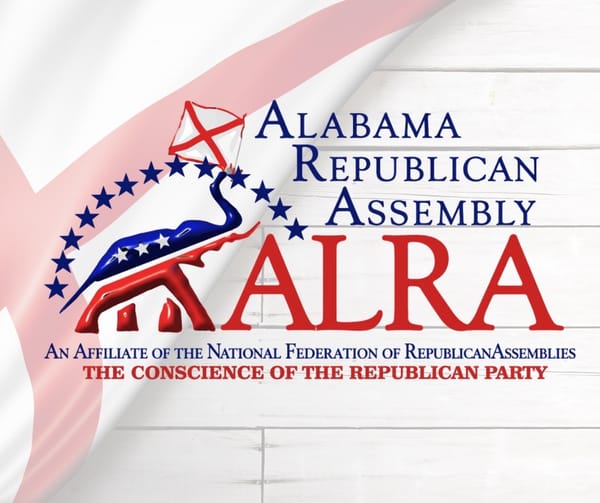Governor Ivey, AG Marshall Sued by Hemp Companies Over HB445
Plaintiffs seek restraining order in advance of law’s July 1 effective date

Four hemp companies have filed a lawsuit against Alabama Governor Kay Ivey and Attorney General Steve Marshall to block the enforcement of House Bill 445 (HB445), the new State law that passed in the last legislative session to regulate consumable hemp products.
The suit, filed June 26 in Montgomery County Circuit Court, seeks an emergency temporary restraining order ahead of the law’s July 1 effective date. The plaintiffs include Mellow Fellow Fun, LLC, a Delaware-based company that ships hemp nationwide, and three Alabama-based businesses—Tasty Haze, LLC, The Humble Hemp Shack, LLC, and Seedless Green, LLC—which grow, process, distribute or sell federally legal hemp products.
The lawsuit targets key provisions in HB445 that redefine how the State handles consumable hemp, especially products containing psychoactive cannabinoids like Delta-8, Delta-9, and Delta-10 THC. The bill grants the Alabama Alcoholic Beverage Control (ABC) Board new authority to license and regulate manufacturers, distributors, and retailers of hemp-derived products. It also sets product limits—such as 10 mg of THC per serving and 40 mg per package—and requires that retailers be at least 21 years old. While proponents argue the bill doesn’t ban hemp entirely, critics warn it criminalizes specific product types and could devastate small businesses.
Rep. Andy Whitt (R-Harvest), who sponsored the legislation, has said that HB445 is intended to move intoxicating hemp products out of gas stations and into properly regulated environments. “Gas stations and convenience stores should be selling cokes and sodas and chips and drinks and that’s it, not being your pharmacy,” Whitt said earlier this year.
As passed, the law bans two broad categories of products: smokable hemp and cannabinoids created or modified through chemical synthesis. Violators could face a Class C felony, carrying up to 10 years in prison.
The plaintiffs argue HB445 violates the federal 2018 Farm Bill, which legalized hemp and hemp-derived products nationwide as long as Delta-9 THC concentration remains below 0.3 percent on a dry weight basis. While the federal law prohibits States from blocking the shipment or transport of legal hemp, it does allow them to regulate production. The hemp companies contend HB445 crosses that line by criminalizing products that are otherwise permitted under federal law. The complaint alleges that HB445’s definitions are “unconstitutionally vague,” leaving both businesses and law enforcement unable to clearly determine which products are illegal.
The lawsuit outlines four legal claims: federal preemption under the Farm Bill and the Supremacy Clause, violation of the Dormant Commerce Clause, unconstitutional vagueness, and a request for injunctive relief. The plaintiffs warn that the law could upend Alabama’s developing hemp market by turning legal business owners into criminals overnight. Denise Ali, owner of Alibomb House of Hemp in Birmingham, expressed concern that the law could wipe out her business. “To see your efforts be… swept under your feet overnight is just devastating,” she told WBRC.
While the new ABC licensing rules won’t take effect until January 1, 2026, the bans on smokable and synthetic hemp products are scheduled to begin on July 1. According to the lawsuit, Attorney General Marshall’s office has confirmed that enforcement of those provisions will begin immediately. Ahead of that date, the Alabama Law Enforcement Agency (ALEA) executed search warrants at CBD shops in several cities, including Troy, Enterprise, Clanton, Wetumpka and Montgomery. ALEA said the raids followed a year-long investigation and resulted in the seizure of marijuana and large amounts of cash.
The lawsuit is being closely watched as Alabama becomes the latest State to test the limits of federal hemp protections. A court ruling on the temporary restraining order is expected soon. Until then, business owners remain in limbo, with many bracing for enforcement of HB445 beginning Tuesday..
Birmingham Mayor Randall Woodfin recently called for Governor Ivey to call a special session of the Legislature to address issues surrounding HB445, but as far as ALPolitics.com is aware there has been no response from the Governor’s office.
The full text of HB445 may be found HERE. The lawsuit may be found HERE. (h/t to WAFF 48)




